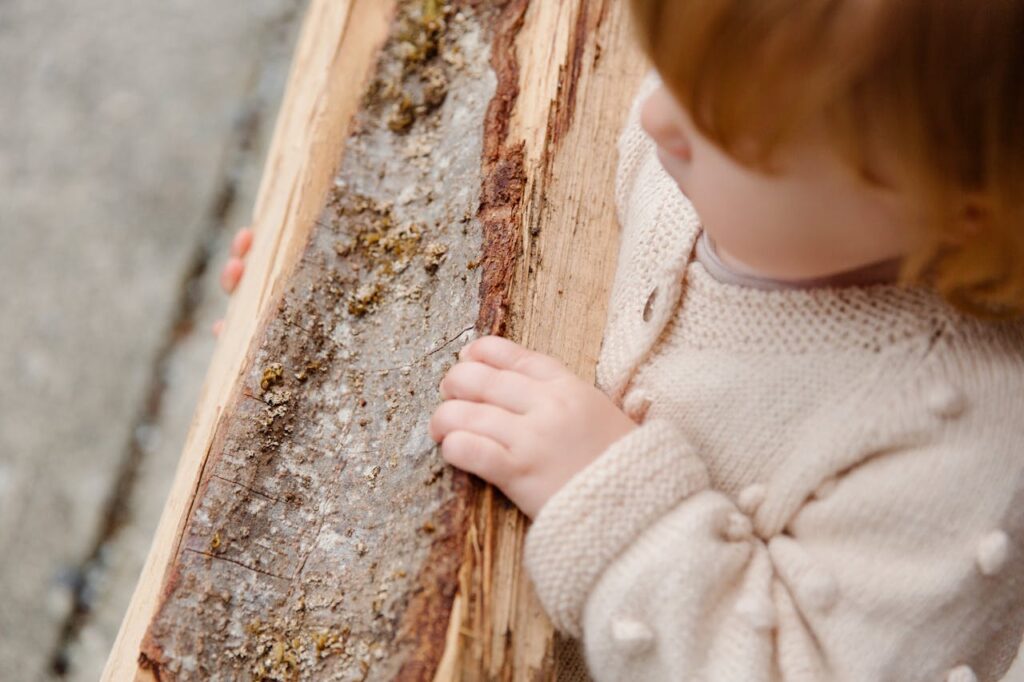Silent Treatment in Parenting: The Devastating Impact of Parental Silent Treatment on Children.
The silent treatment, when employed by parents towards their children, can have profound and lasting effects on the child’s emotional well-being and development. Rather than fostering healthy communication and emotional resilience, it cripples children by instilling feelings of insecurity, low self-worth, and a distorted understanding of relationships.
Parents who resort to silent treatment often do so as a misguided attempt to assert authority or discipline their children. They may view silence as a form of punishment or believe that it will teach their children a lesson. However, this approach fails to recognize the damaging impact it has on the child’s psyche and their perception of themselves and others.
Children subjected to the silent treatment by their parents experience feelings of rejection, confusion, and emotional neglect. They are left to navigate complex emotions without guidance or support, leading to deep-seated insecurities and an inability to form healthy attachments later in life. This pattern of emotional manipulation can persist well into adulthood, affecting the individual’s relationships and overall well-being.
As a parent, it’s essential to examine your behavior and consider whether you are inadvertently using the silent treatment in parenting as a means of control or punishment. Signs that you may be employing this harmful tactic include withdrawing from communication with your child, ignoring their attempts to connect, or giving them the cold shoulder when they make a mistake.
To break free from this destructive cycle, parents must acknowledge their own shortcomings and the impact of their actions on their children. Khalid Ibrahim’s poem serves as a poignant reminder of the profound responsibility parents hold in shaping their children’s lives and the importance of fostering a nurturing and supportive environment.
No parent has all the answers, and it’s okay to make mistakes. However, refusing to acknowledge and address harmful behaviors perpetuates a cycle of dysfunction and emotional trauma. True greatness as a parent lies in humility, self-reflection, and a willingness to seek help and make positive changes for the well-being of your child.
In conclusion, the silent treatment used by parents towards their children is a form of emotional abuse that cripples children’s emotional growth and resilience. Parents must recognize the harm they are causing, acknowledge their own shortcomings, and take proactive steps to foster open communication, empathy, and trust within the parent-child relationship.

